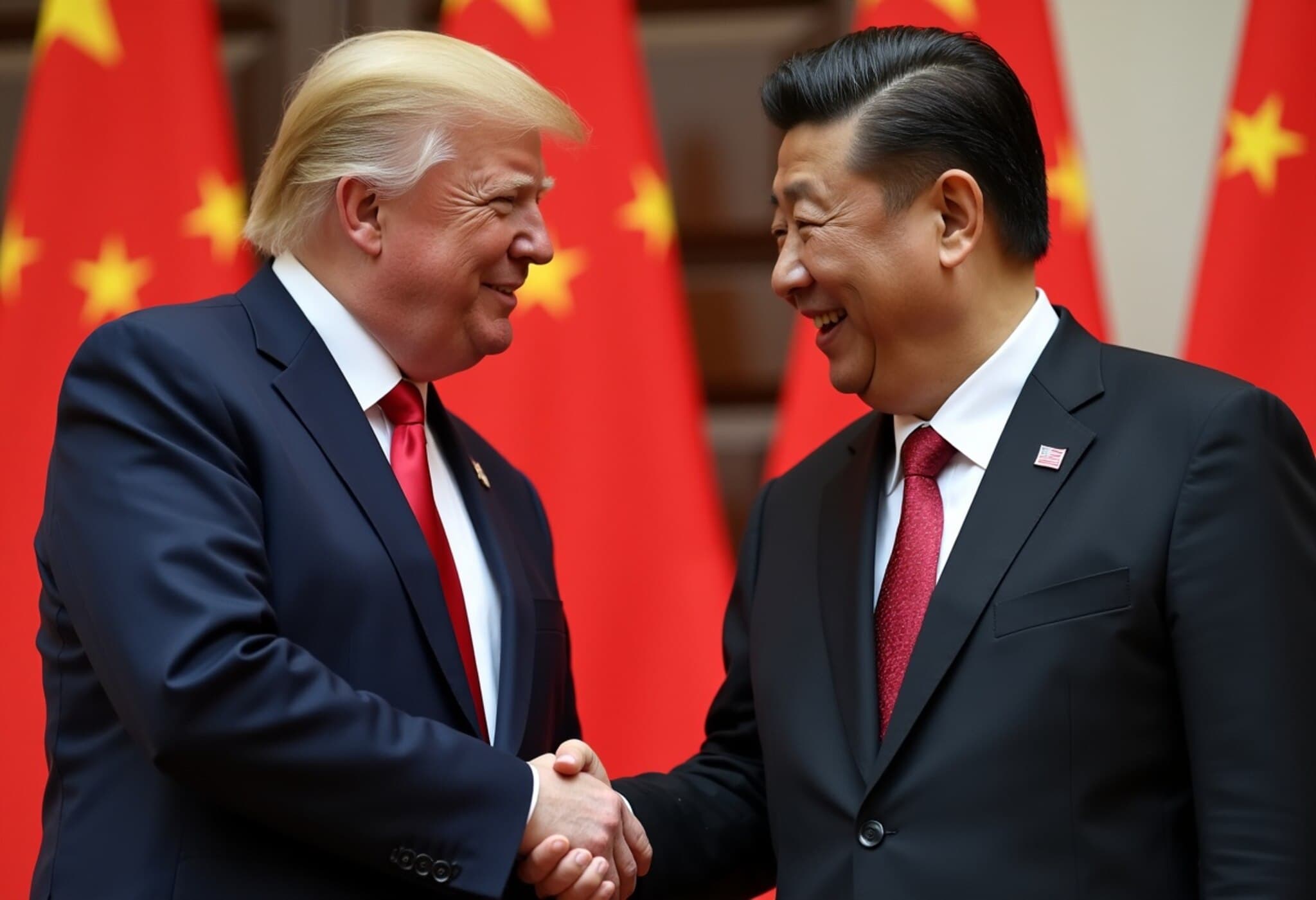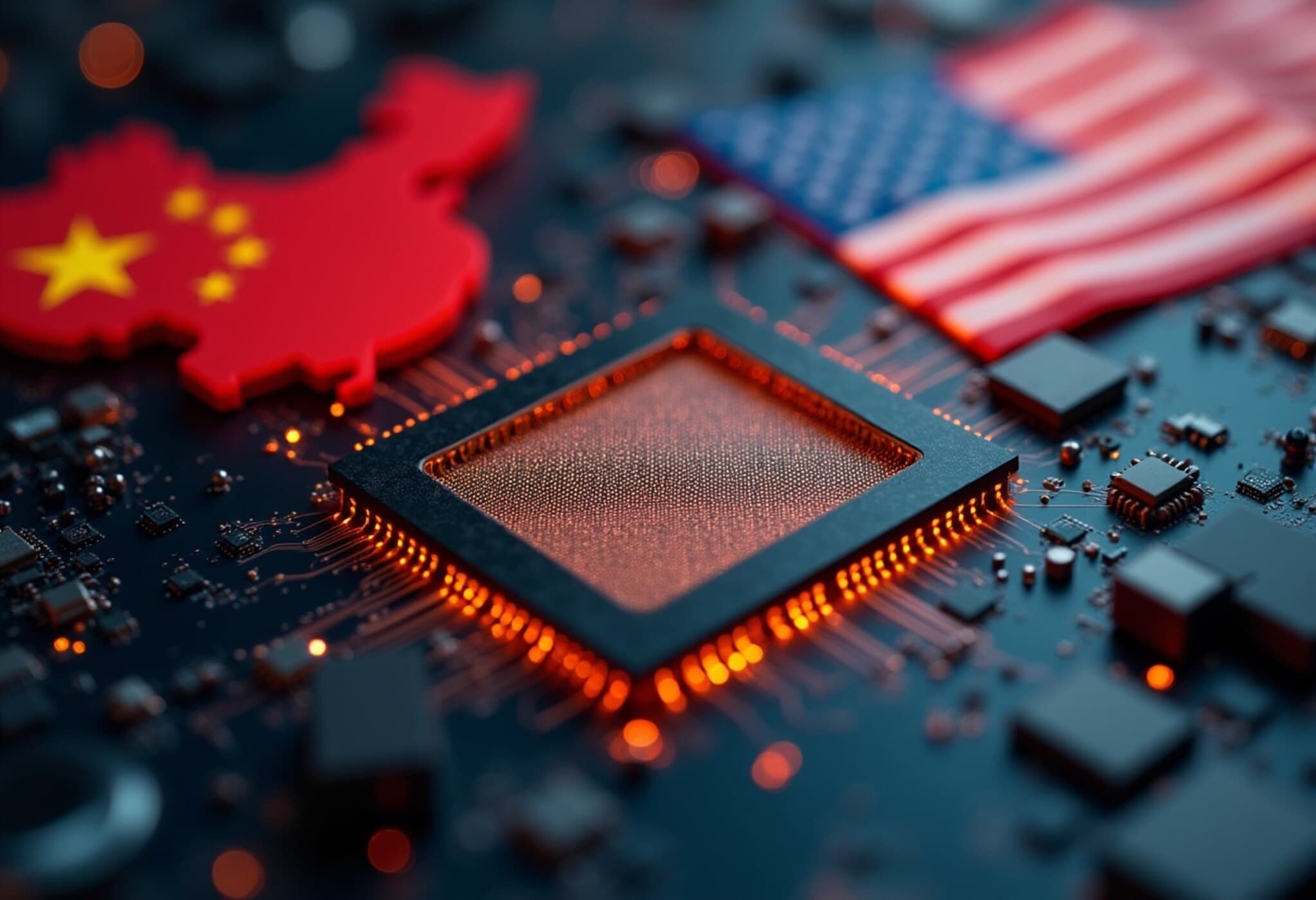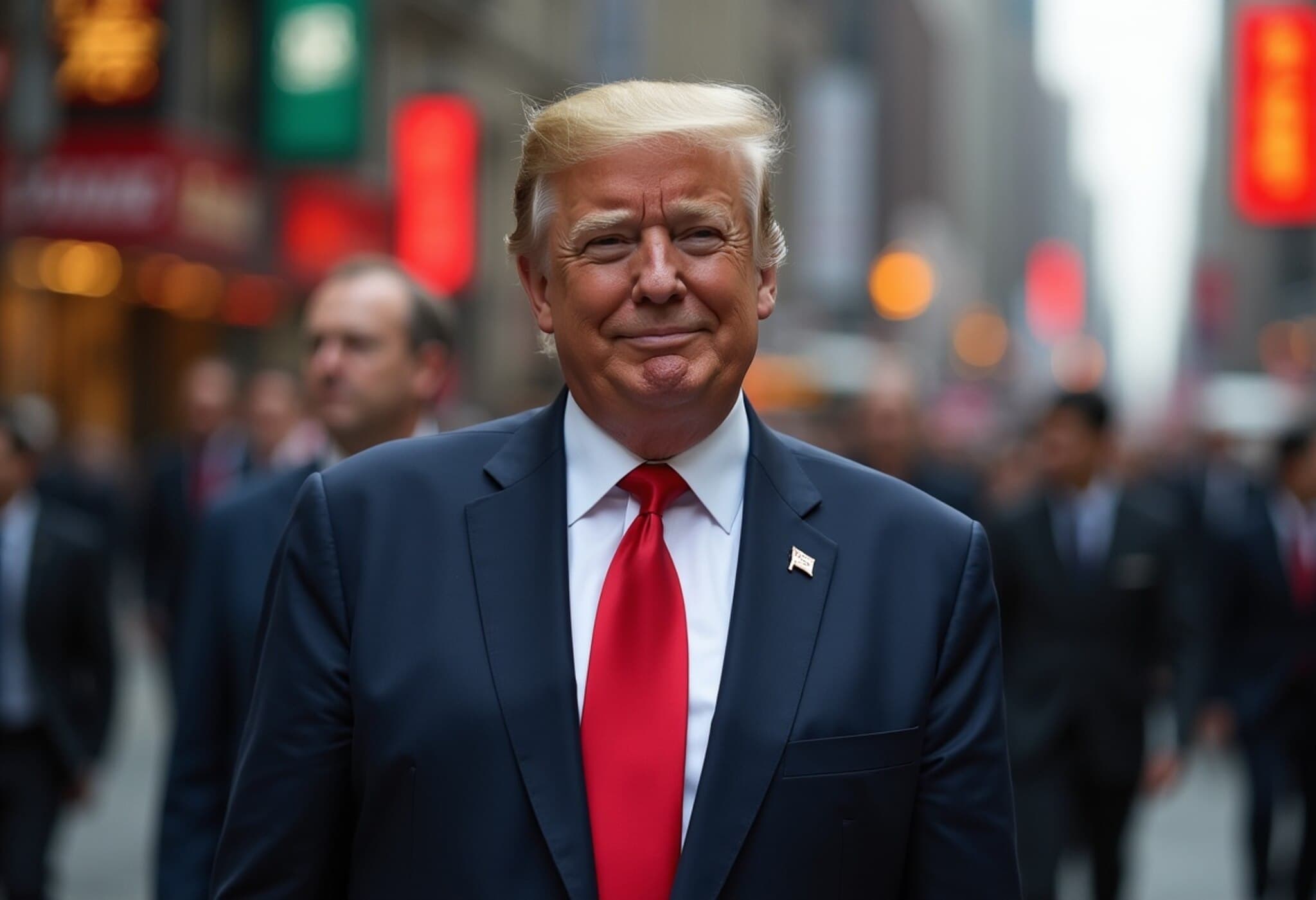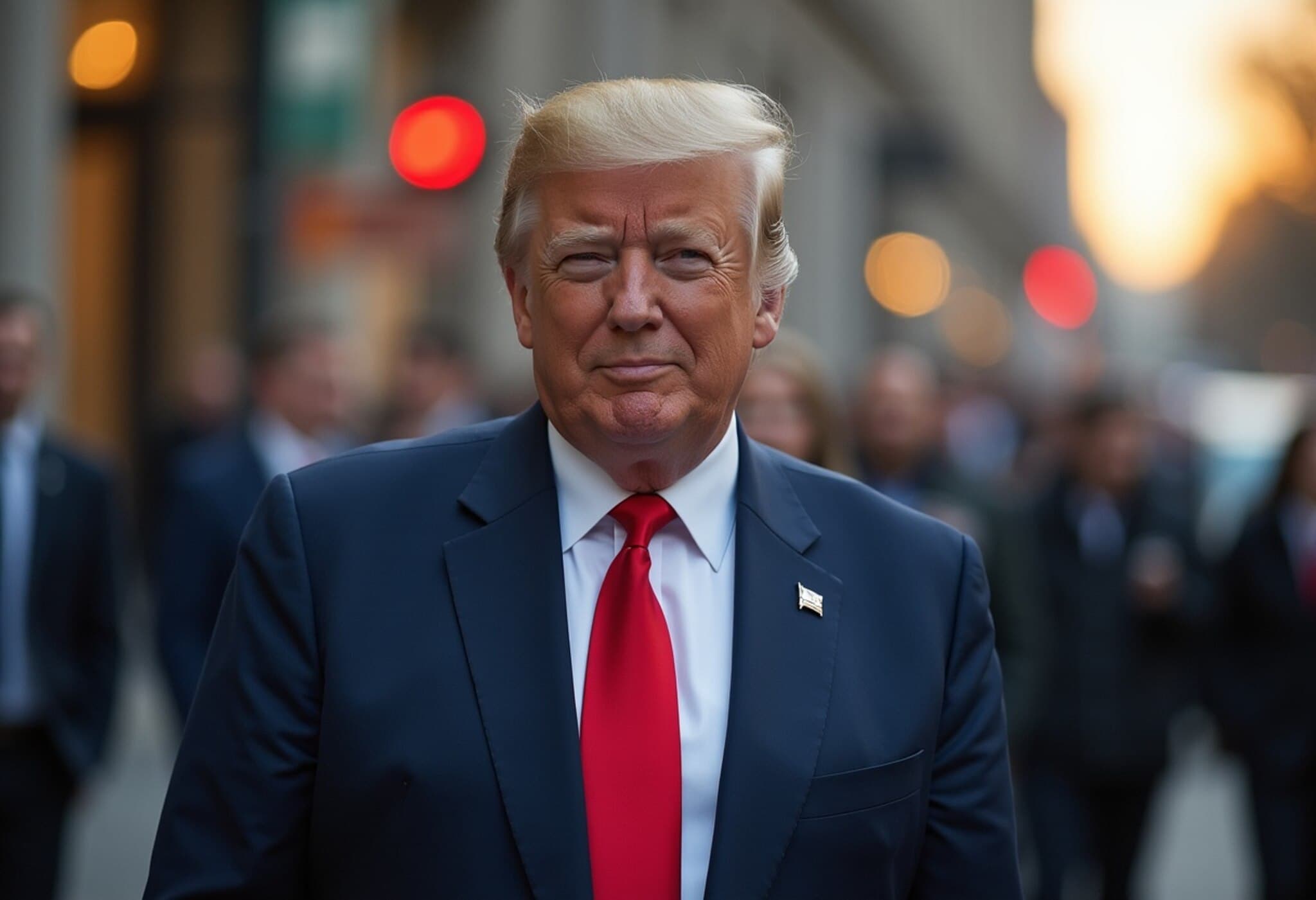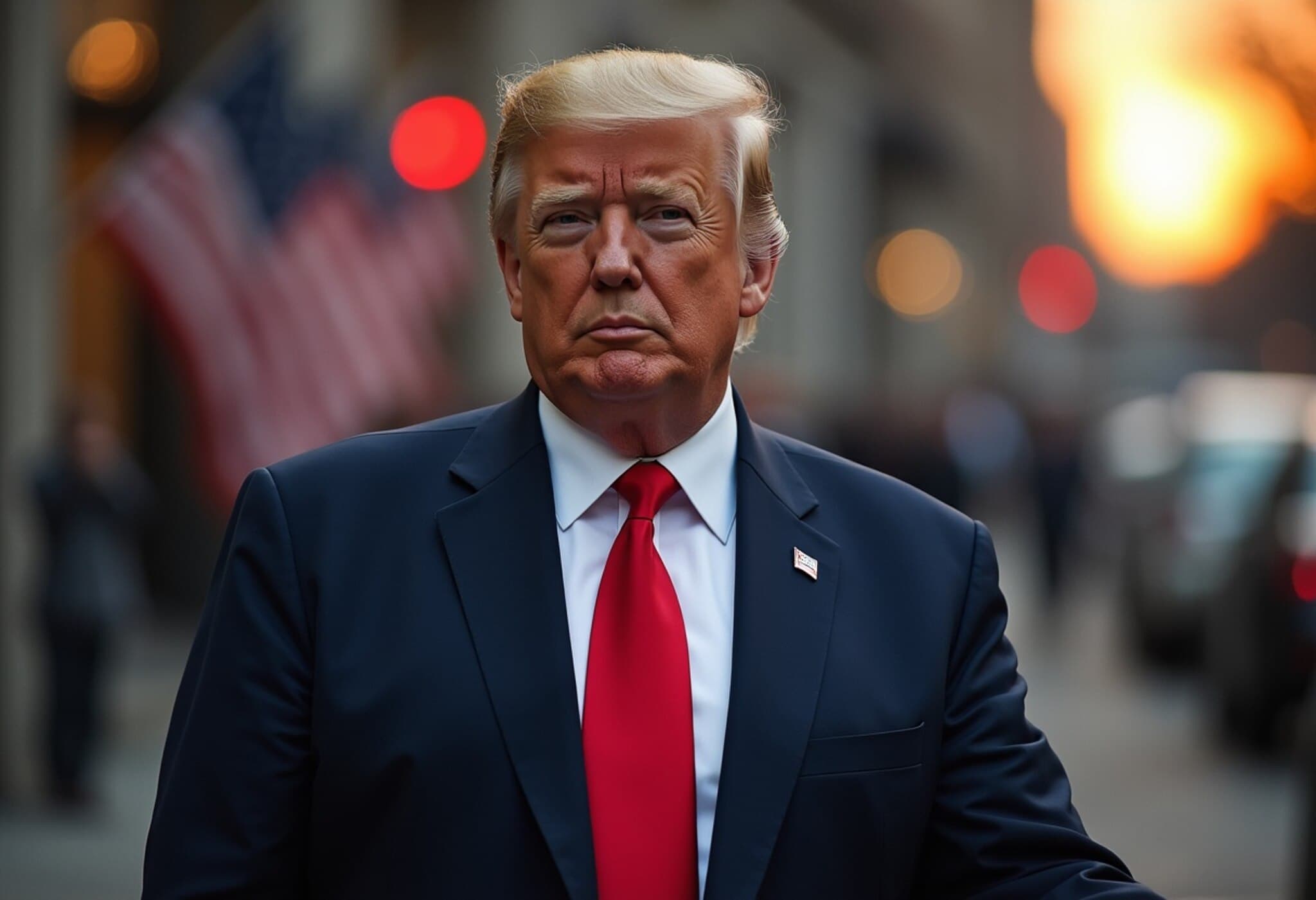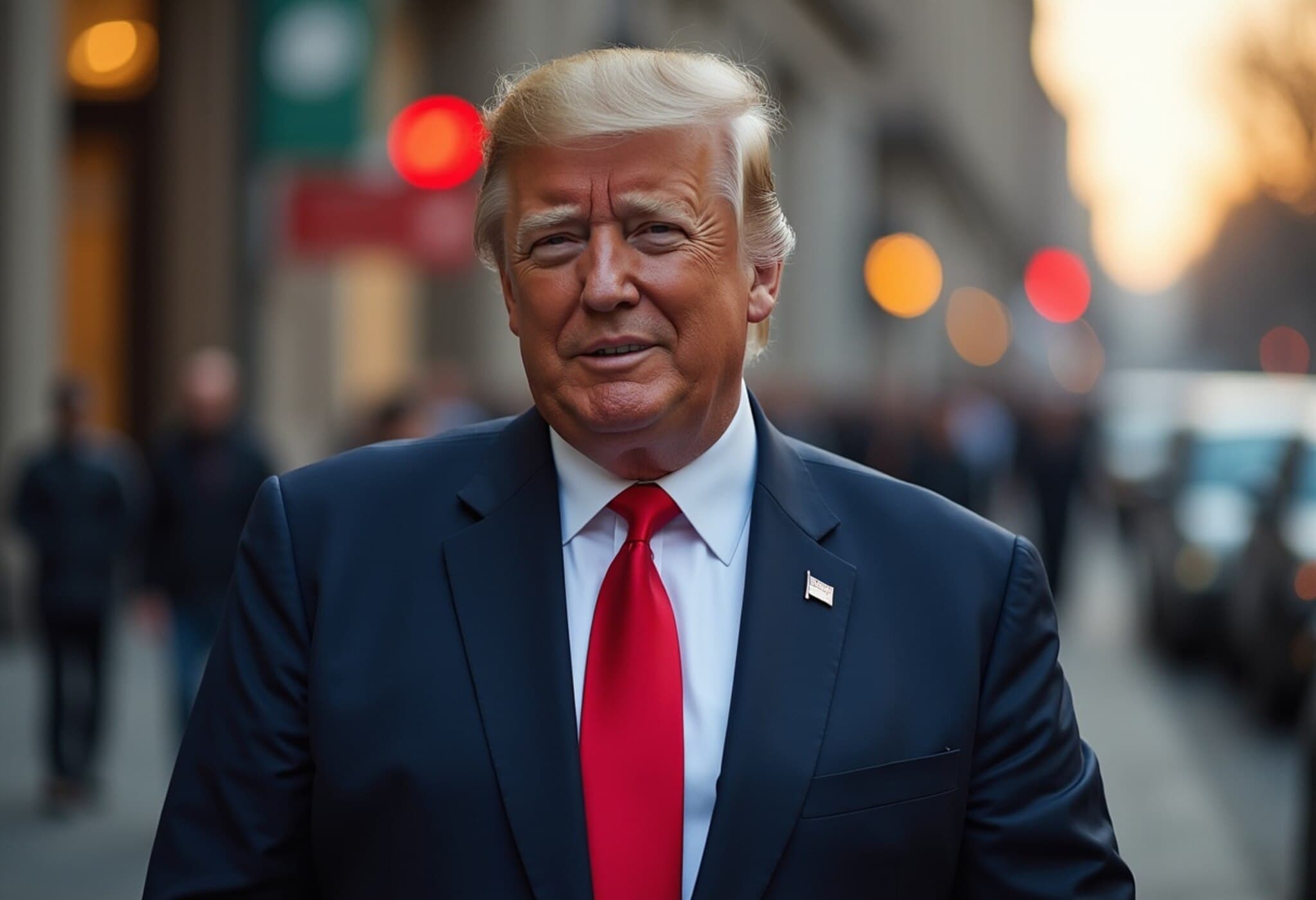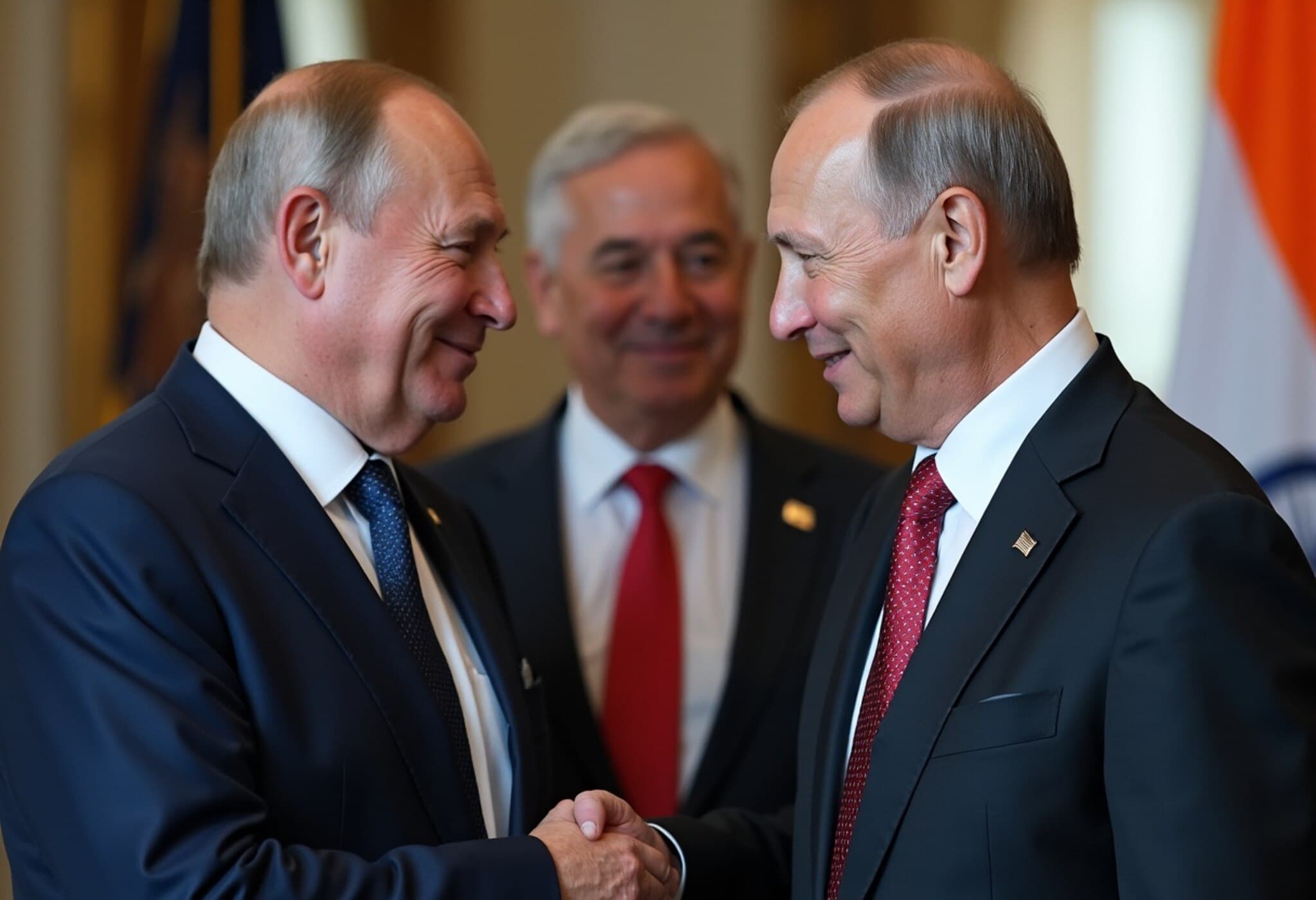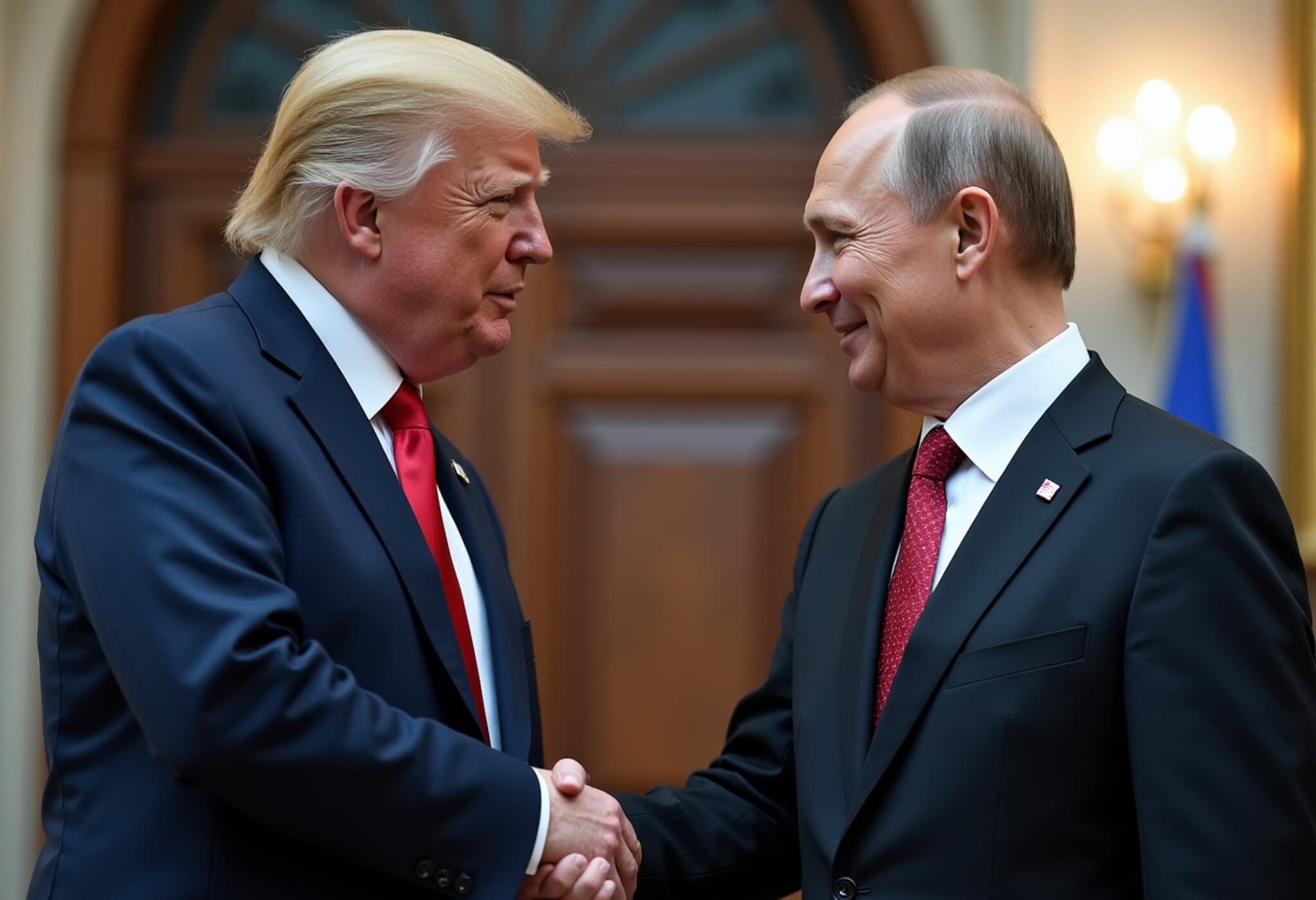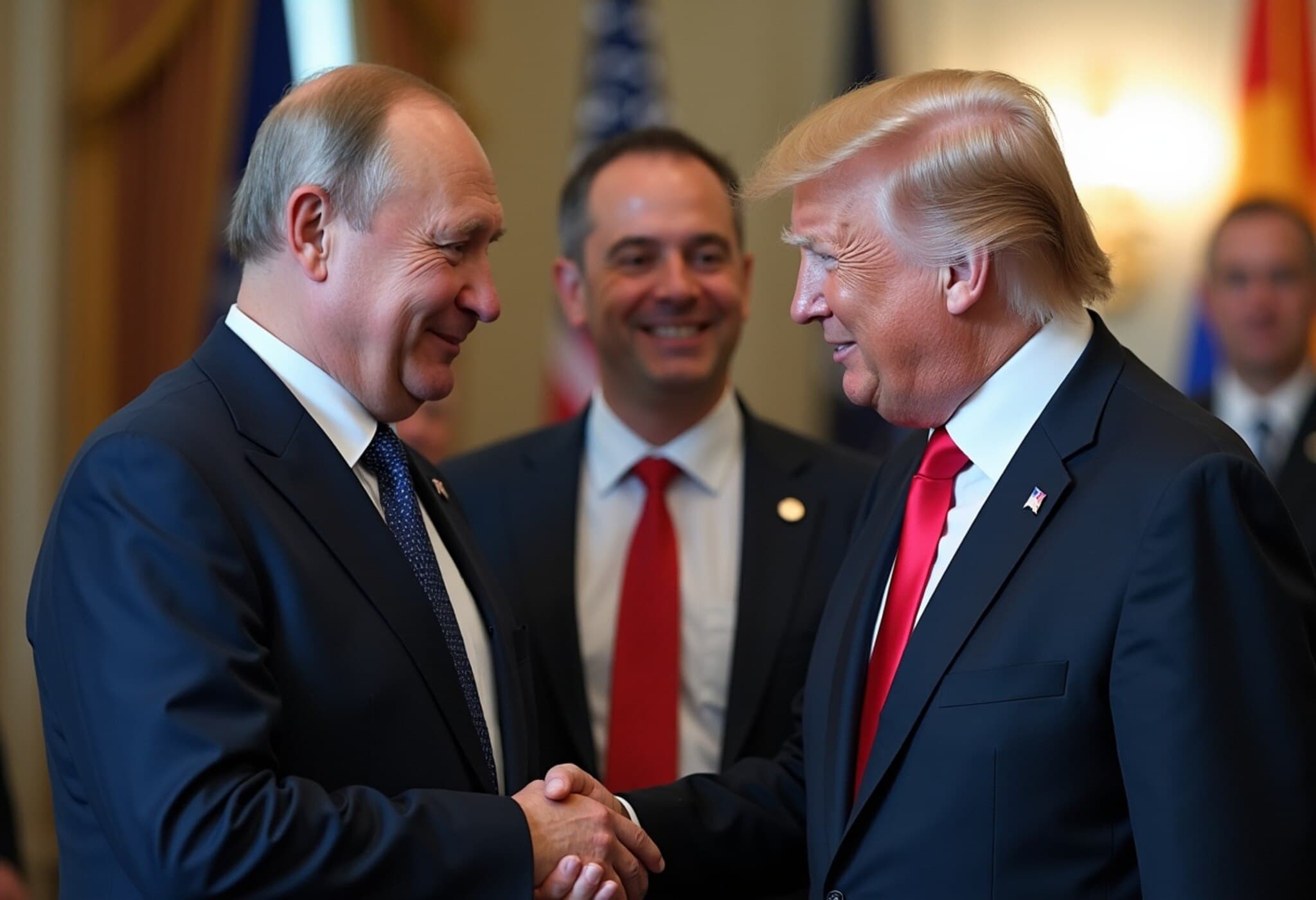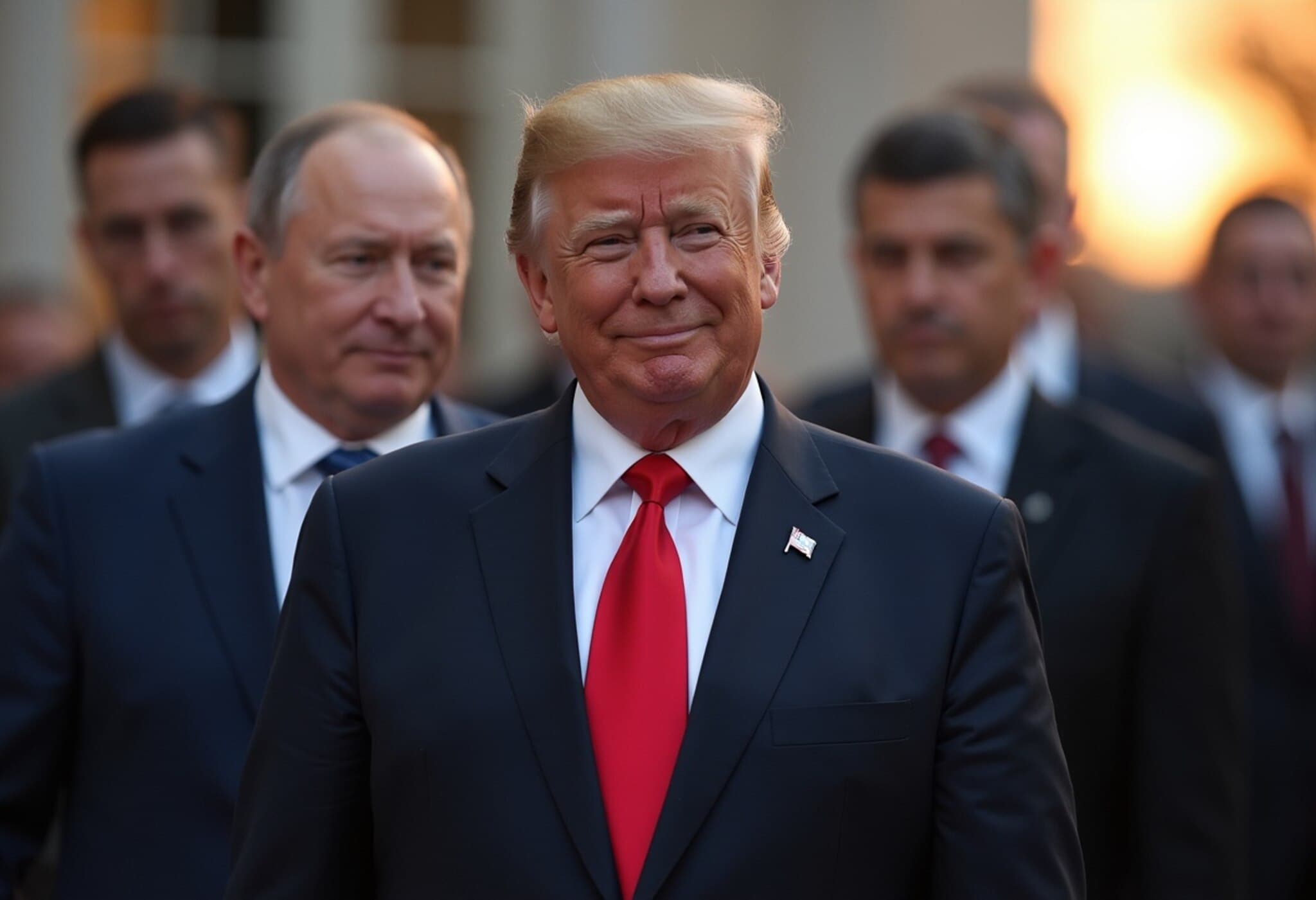Trump Extends China Trade Talks, Raising Hopes and Concerns
In a move that has sent ripples through global markets and political circles alike, former US President Donald Trump has once again extended the window for trade negotiations with China by 90 days, pushing the deadline to November 2025. This executive order temporarily averts a return to the punishing tariff war that marked much of Trump’s earlier tenure and strained economic ties between the two superpowers.
While many business leaders and international observers have welcomed the extension as a breath of fresh air amid escalating tensions, critics fear the gesture masks a more pragmatic – and potentially perilous – strategy on Trump’s part. Some view this as a calculated effort by Trump to secure a high-profile summit with Chinese President Xi Jinping, enabling him to claim a "red-carpet moment" that could reshape the narrative around US-China relations.
The Shadow of a Summit: Aiming for a Historic Meeting
The possibility of Trump meeting face-to-face with Xi is stirring considerable speculation. Should such a summit take place—perhaps around the Asia-Pacific Economic Cooperation (APEC) summit scheduled for late October in South Korea—it would mark their first encounter since the 2019 G20 summit in Osaka.
Yet, Trump has publicly denied actively pursuing such a meeting, stating "If we don't make a deal, I'm not going to have a meeting." Nevertheless, subtle diplomatic moves—like blocking Taiwan’s president from transiting through the US and cancelling high-level talks with Taiwan’s defense minister—have fueled concerns among hawks that Trump is softening US stances to facilitate an agreement with Beijing.
Controversy Over AI Chip Sales: Security vs. Commerce
One of the most contentious developments is Trump's recent shift regarding sales of advanced AI chips to China. Notably, he has reversed prior export restrictions on Nvidia’s H20 chip, a model designed specifically for the Chinese market following earlier Biden-era bans on top-tier AI technologies.
This reversal has provoked alarm among national security experts. An open letter signed by 20 prominent security officials, including former Deputy National Security Adviser Matt Pottinger, warned that supplying these chips could enhance China's military modernization efforts. Conversely, some analysts argue the H20 chip is not technologically cutting-edge enough to significantly tilt the AI race.
Further stirring debate, Trump recently floated the prospect of a deal that could permit sales of a scaled-back version of Nvidia’s advanced "Blackwell" chip to China, labeling the H20 chip as "obsolete." This proposal has intensified fears that essential export controls could be sacrificed for short-term trade wins.
Geopolitical and Economic Implications
These developments highlight a growing tension within US policy circles between maintaining tough stances on China’s technological rise and pursuing pragmatic economic agreements. The chip sales debate, in particular, underscores the difficulty of balancing national security concerns with commercial interests in an era where AI leadership could determine future global power dynamics.
Meanwhile, China continues to wield leverage through its control of critical rare earth materials, a strategic advantage that remains a potent bargaining chip in trade discussions.
Looking Ahead: Navigating a Complex Trade Landscape
As the November deadline approaches, Trump and his negotiators confront a formidable challenge: delivering a deal that satisfies the demands of his MAGA base—who expect China to "pay" for trade imbalances—without alienating hardline Republicans wary of concessions.
Whether a landmark summit with Xi materializes or not, the coming months will be crucial in setting the tone for future US-China relations and determining the trajectory of technology competition in the global arena.
Expert Insight
- Liza Tobin, China Director at the National Security Council, warns this moment could mark "America voluntarily subsidizing its strategic decline" by easing chip export restrictions.
- Matt Pottinger, former Deputy National Security Adviser, emphasizes the risk of fueling China’s military capabilities through technology transfers.
- Many economists advocate for extended talks, noting that reduced tariffs and eased tensions benefit global supply chains and economic stability.
Editor’s Note
Trump’s recent moves on China reflect a complex balancing act between diplomacy, economic interests, and national security imperatives. A key question remains: will these gestures deepen rapprochement and stability, or accelerate strategic vulnerabilities for the US in critical technology sectors? As Washington navigates this delicate terrain, vigilance over export controls and clear-eyed analysis of underlying motivations become essential. Readers should watch closely how these developments shape the broader competition for AI supremacy and geopolitical influence in the years ahead.

